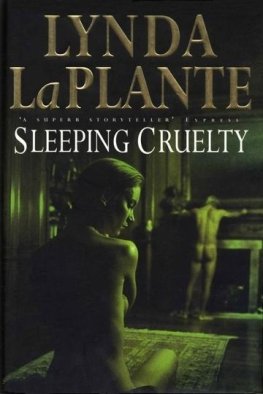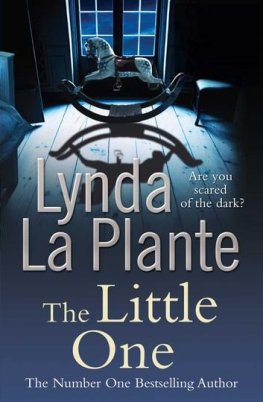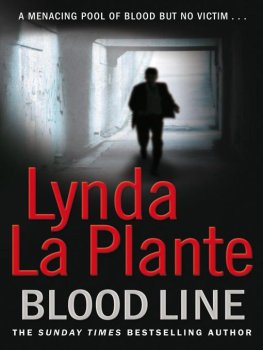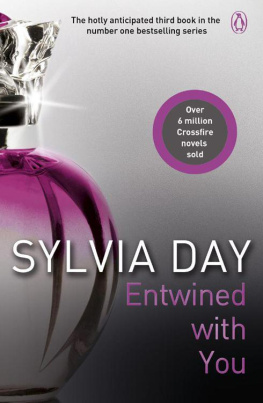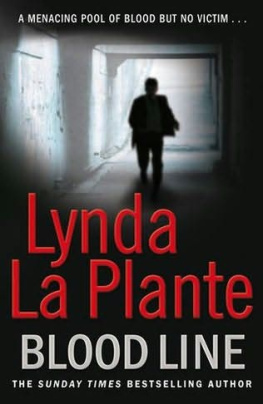I dedicate this book to Jeanne F. Bernkopf.
Not just my editor, but my wise, my trusted
and beloved mentor.
Thank you to all the people who gave me so much of their time, especially to those who opened their past and painful memories with such heartfelt frankness and honesty.
I also wish to thank Rose Marie Morse.
Three hundred and fifty thousand to four hundred thousand children were admitted to Birkenau and Auschwitz and only eight hundred survived.
Hilda Deikmann moved silently across the sitting room of the suite and paused to check her appearance in one of the floor-to-ceiling gilt mirrors. Her dress had seen better times but then so had the hotel. It had not been restored yet to its original splendor, but already it reflected the changing times. East Berlin was now free; the wall had come down.
Standing by the sashed windows, she could see the porters in their new red and gold uniforms, way below in the street. From her post Hilda watched the Mercedes limousine glide to the entrance, and a tall man in a fur-collared coat step from the front passenger seat. He gestured to the porters to remove the luggage from the trunk as a car drew up behind them. A blond woman in a bright red coat was helped out of the backseat. She turned to speak to the tall gentleman as another woman, wearing a dark coat and hat, hurried from the second car. The threesome conferred before bending to the remaining passenger seated in the rear of the Mercedes.
Before Hilda could see who was about to come out of the car, the doors to her suite opened.
A set of matching leather cases and trunks was wheeled in on a porter's cart. Hilda directed the luggage toward the master bedroom, then turned to deal with the second cartful. The room was suddenly alive with movement as the porters removed the cases and placed them on racks. Champagne was brought by a waiter; he was followed by another carrying a crystal scalloped dish arranged with caviar, finely chopped onions and egg whites.
From the corridor Hilda could hear voices speaking in French. The manager's stilted, heavy-accented reply was in English.
"You will be assured of the utmost privacy... please, this way."
Baron Louis Marechal, his coat now loosely on his shoulders, entered the suite. He was a handsome man, gray-white wings at the side of his temples, his thick hair combed back from a high forehead. He wore a gray pinstriped suit, and an oyster-gray tie. A signet ring on his left hand gleamed as he gestured.
The baron turned around as the woman in the red coat, carrying a square leather jewelry box, appeared at the doorway, where she was soon joined by a rather plain, drab young woman. The young woman also carried a square leather vanity case. She looked back to the corridor.
"Madame... please."
Baroness Marechal appeared in the door; everyone fell silent waiting for her approval. She was very tall, exceptionally thin; a black mink cape seemed to weigh her down. She wore dark glasses that hid most of her face. Her black hair was short, almost boyish. She gave the impression of fragility, as if at any moment she would faint, or fall, or float. She moved as lightly as a dancer as she walked into the suite.
Suddenly, she was everywhere touching and admiring, running to the bedroom suite, throwing wide the doors. As if by magic she brought the sun into the room.
The manager quickly introduced Hilda to the baroness, who laughed gaily as she repeated: "Lady's maid, lady's maid! My lady's maid... how divine! I love this hotel Close your eyes, Louis, we have traveled back in time!"
Hilda saw the exchange of glances between the baroness's own maid and the woman in the red coat. Suddenly the room, as if by unspoken command from the baron, had emptied. The baroness didn't seem to notice.
Hilda asked the baron if she should unpack.
"Yes, immediately." The baron responded in German. He introduced Hilda to Anne Marie, the maid, and to Dr. Helen Masters, a family friend who was to use the adjoining suite.
Hilda was startled as the baroness cupped her chin in her hands. The tall lady looked down into Hilda's face.
"Do you speak English? You do? Good. I don't speak German, I apologize."
The baroness jumped as the baron wrapped the mink around her shoulders. He then gripped her elbow, whispered something in her ear, than guided her out of the suite. Anne Marie followed them out.
Hilda opened the first of the baroness's standing trunks.
One trunk contained delicate silk lingerie. Not one item appeared to have been worn; even the shoes looked new. Each pair had a small handwritten note tucked inside, indicating which handbag and scarf would complete the outfit.
The large leather vanity case which the young woman had carried was placed at the side of the bed. Hilda carried it into Anne Marie's room, and could not resist peeking inside. It was not filled with jewels, as she had expected, but with countless bottles of pills.
Just then the door flew open, and the baroness burst in.
"Hilda!" The baroness looked momentarily startled. "I can't remember if I carried my jewel box in with me. It's a square dark blue leather box."
Hilda followed the baroness back to her room; she did not recall seeing it. The baroness rushed to the dressing table. The vanity case, smaller than the one Hilda had placed in Anne Marie's room, was stashed on a shelf beneath the mirrored top. She hugged it tightly. Hilda watched her take out small silver-framed photographs and arrange them on the bedside table.
"My children, my two daughters, Sasha, Sophia, and my sons..."
Hilda studied the photographs of the smiling children.
The baroness began to rifle through the unpacked clothes, throwing them on the floor.
"My makeup box, where is my makeup box?"
Anne Marie walked in.
"The photographs... you've unpacked the box, Baroness!" she said.
The baroness retorted that she had found her children, now she could not find the other case. She was on her hands and knees, looking under the bed, when the baron walked into the room carrying yet another square case.
"Darling, do you want your jewels put into the hotel safe?"
"No! I want them with me!"
She held tightly to the jewelry box. He shrugged.
"All right, all right, but take care of them!" He then turned to Hilda, impatiently.
"Run her bath the baroness needs to rest!"
The bathwater was laced with oils and perfumes. Hilda tested the temperature, and then warmed the towels on the heated rails. The baroness, wrapped in a white terrycloth robe and still wearing her glasses, sang at the top of her voice as she dropped her robe. Skeleton-thin, white-skinned, she had the body of a young girl. She handed Hilda her dark glasses, and then sprang into the bath.
"Hilda, will you order some hot chocolate, and biscuits?"
The baroness was not as young as Hilda had first thought. There were telltale signs under her chin: The skin was a little loose, she had fine lines around her eyes and mouth.
She immersed herself in the soapy water, blowing at the soap bubbles, then lay back and let the water cover her face, her dark hair fanning out behind her.
Hilda stood transfixed as she watched the baroness's hands break the surface of the water like a ballet dancer's. Her back arched and the nipples of her small breasts lifted. Finally her face emerged, cheeks puffed out. Like a child she spurted a stream of water from her mouth.
Hilda laughed nervously, and left the bathroom.
Hilda saw the baroness emerge from the tub, go to the closet, then to the dressing table. She did not look at herself in the mirror. Quickening her pace, the baroness arched her back, her hands in front of her as if pushing something away. She caught Hilda's reflection in the mirror, and saw that she was being watched. She bared her teeth and her body arched again, like a cat's. Hilda was agape.


